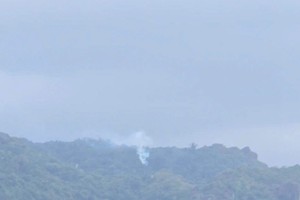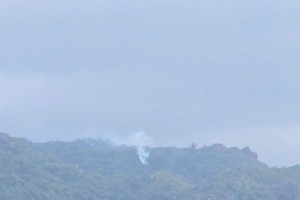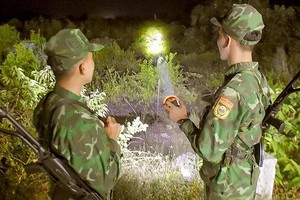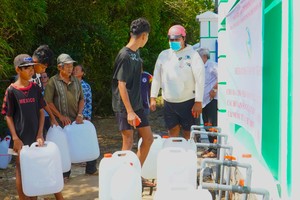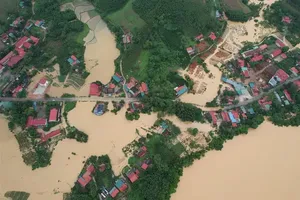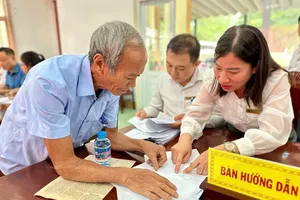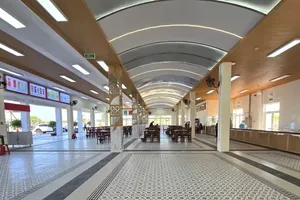Vietnam will get technical assistance grants totaling US$1.3 million from the Australian Government and the Asian Development Bank to carry out a full assessment of the climate change threats posed to the Mekong Delta, the bank announced Wednesday.
An ADB statement from the bank’s headquarters in Manila said the grants would also help Vietnam take actions in the face of an expected sea-level increase and more frequent and severe floods.
The Mekong Delta in southern Vietnam is home to a fifth of the 83-million population, and the main producer of rice. But it is the country’s most vulnerable region to climate change.
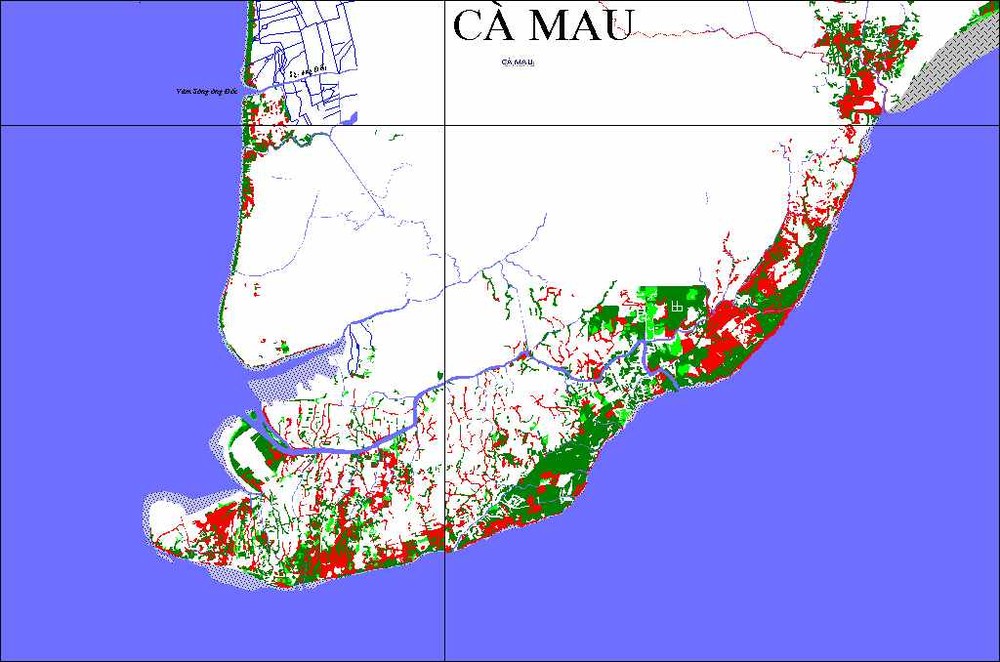
Preliminary studies show that up to 31% of the total land used for agriculture and aquaculture in the delta is at risk from a potential one meter rise in the sea level by 2100. This would have severe effects on the lives of about 4.8 million people, including over a million and a half poor.
“Effective climate change adaptation measures urgently need to be developed and integrated into the region’s development planning to enhance the physical and economic climate-resilience of the region and to protect poor and rural households,” Yongping Zhai, lead professional energy specialist in the ADB’s Southeast Asia Department, said in Wednesday’s statement.
The areas selected for detailed analysis and piloting under the technical assistance project are the coastal provinces of Kien Giang and Ca Mau, while the sectors chosen are energy, transport and agriculture, with the latter at the center of the Vietnamese government’s national action plan for climate change adaptation, according to the ADB.
The total cost of the project is US$1.63 million equivalent, with the Australian Government providing an US$800,000 grant, which will be administered by the ADB. The bank is supplying US$500,000 from its Climate Change Fund, while the Vietnamese Government will provide the remaining US$330,000, the bank said.
The Ministry of Natural Resources and Environment is the executing agency for the project which will be carried out from January 2010 to April 2011.









